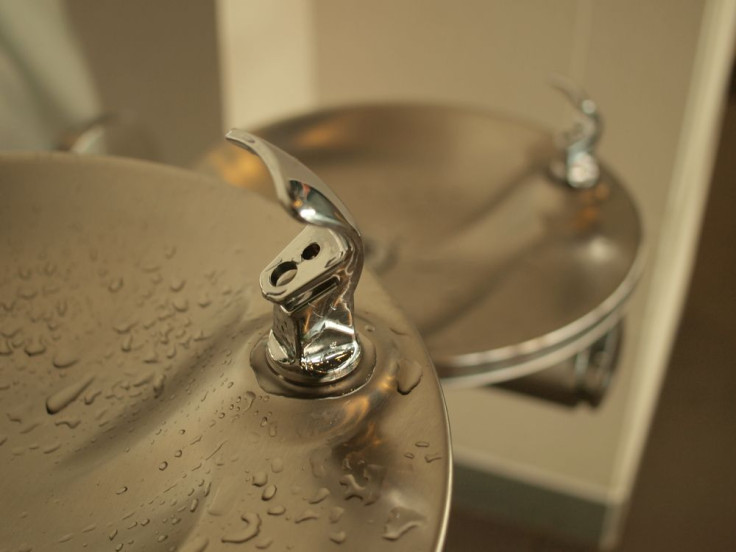Drinking Water: More Than Half Million American Children And Adolescents Don't Hydrate Often Enough

American children and adolescents just aren’t drinking enough water — and they’re jeopardizing their health in the process, finds a new study published in the American Journal of Public Health.
The study is the first national study on the hydration levels of kids and teens across the US. The researchers, of the Harvard T.H. Chan School of Public Health, also made a point to kids and teens from various race, ethnic, and gender groups. In total, researchers analyzed data collected from more than 4,000 kids and teens between the ages 6 and 19 during the years 2009-2012.
With urine osmolality, a measure used to reveal how concentrated a person’s urine is in order to determine how adequately hydrated they are, researchers could see a little more than half of kids and teens in the U.S. were getting enough hydration. Boys were specifically 76 percent less likely to drink water than girls, while non-Hispanic black kids and teens were 34 percent less likely to drink water than non-Hispanic whites.
"These findings are significant because they highlight a potential health issue that has not been given a whole lot of attention in the past," Erica Kenney, lead author and postdoctoral research fellow in the Department of Social and Behavioral Sciences at Harvard Chan School, said in a press release. "Even though for most of these kids this is not an immediate, dramatic health threat, this is an issue that could really be reducing quality of life and well-being for many, many children and youth."
Kenney added “drinking enough water is essential for physiological processes, such as circulation, metabolism, temperature regulation, and waste removal.”
More often than not kids and adolescents, even adults are warned against the adverse effects of severe dehydration; not drinking enough causes extreme thirst and sleepiness; sunken eyes; dry skin; low blood pressure; and rapid heartbeat and breathing, the Mayo Clinic reported. Yet, mild dehydration can be equally harmful. The latter is enough to cause headaches, irritability, and poorer physical and cognitive performance.
"The good news is that this is a public health problem with a simple solution," Steven Gortmaker, senior study author and professor of health sociology, said. "If we can focus on helping children drink more water — a low-cost, no-calorie beverage — we can improve their hydration status, which may allow many children to feel better throughout the day and do better in school."
So how much water should kids and teens aim to drink per day? Most abide by the standard, if not exactly scientific rule of eight 8-ounce glasses of water per day, or about 1.9 liters — but the answer is dependent upon who you ask. Coco-Cola’s Beverage Institute for Health & Wellness, for example, recommends between three and eight cups of water between infancy and childhood, respectively. When children veer into adolescence and eventually adulthood the recommendation gradually increases to 16 cups per day.
Keep in mind, too, some foods can be factored into daily water intake. The Centers for Disease Control and Prevention lists broth-based soups and fruits and vegetables, such as watermelon, celery, tomatoes, oranges, and melons, as mostly made of water.
Source: Kenney EL, et al. Prevalence of Inadequate Hydration among US Children and Disparities by Gender and Race/Ethnicity: National Health and Nutrition Examination Survey, 2009-2012. American Journal of Public Health. 2015.



























